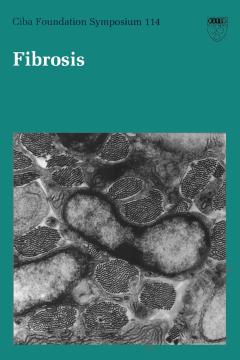Renal Fibrosis
This publication provides a synopsis of the rapid progress made in the field of renal cell biology during the last decade, progress which has resulted in a better conceptual understanding of the cellular and molecular mechanisms of fibrotic renal disease. These developments have provided new therapeutic choices and led to the discovery of gene-based therapeutic options. The topics covered in this book have been carefully selected from the immense number of aspects of the disease to provide essential information on the molecular basis of renal fibrosis. Individual chapters discuss topics such as proteinuria and tubulointerstitial injury, the roles and regulation of TGF-beta, chemokines, oxidant stress, matrix remodeling, significance of renal expression of NF-kappa, and the potential impact of cell death in renal fibrosis. Written so as to present the complex information as simply as possible, this publication will be a very useful tool for general health professionals involved in the fields of immunology and cell biology, as well as for clinicians and researchers within the fields of nephrology, pathology and matrix biology.
{{comment.content}}








 京公网安备 11010802027623号
京公网安备 11010802027623号